Executive Courses
Upskilling Your Workforce through TDSI’s Executive Courses
TDSI’s Executive Courses under its Continuing Education arm look at domain-specific disciplines in systems thinking and systems engineering, as well as any in-trend/ emerging technologies, to upskill the Singapore defence workforce in line with the nation’s advocacy for lifelong learning. Embracing the digital transformation landscape today, participants will benefit from these courses, learning from subject matter experts from the defence technology community and/or academic institutions, on valuable topical knowledge and skillsets to manage real-world applications. This allows course participants to strengthen their capabilities and value-add to their employing organisations.
TDSI’s Executive Course “Military Navigation Systems Workshop” for Singapore’s Defence Technology Sector
Given the critical importance of navigation in modern military systems and operations that leverages on smart technologies, access to reliable navigation data is imperative while denying them to adversaries during military operations. The executive course on “Military Navigation Systems Workshop” aims to highlight the vulnerabilities in military navigation systems under different deployment scenarios, and share potential corresponding counter-measures. Participants from the defence technology community were appreciative of the knowledge gained from the workshop and acknowledged that the learning was highly relevant and impactful to their current field jobs/ projects. This workshop is well-recognised by the Professional Engineers Board and qualified for 6 Professional Development Units.
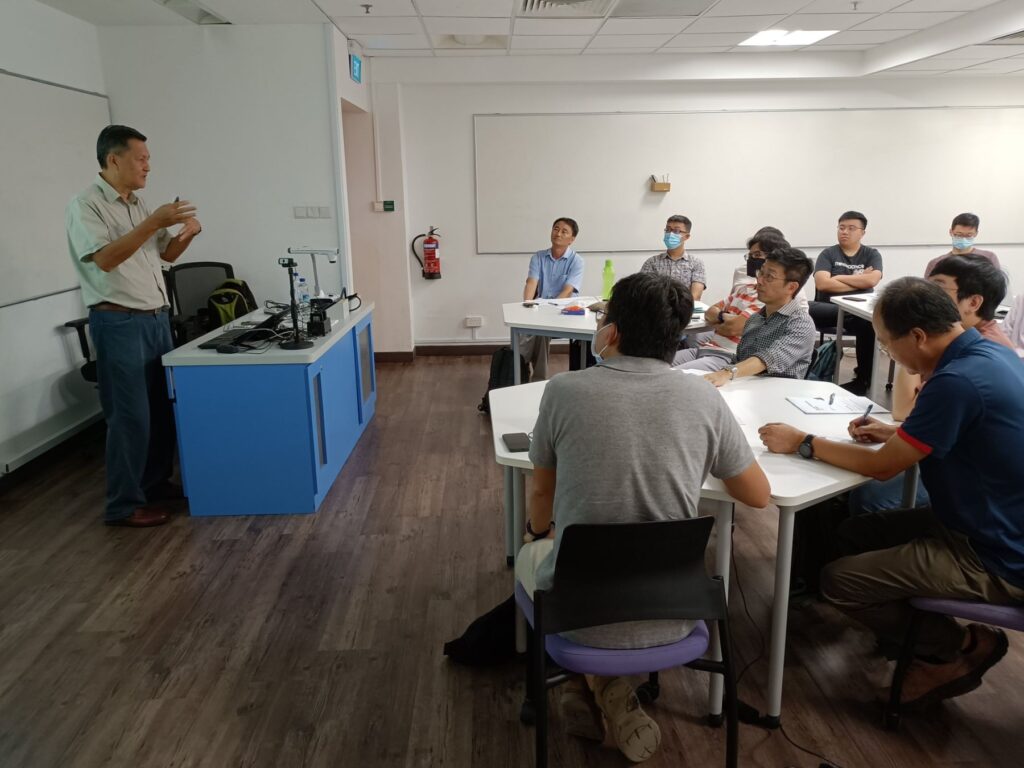
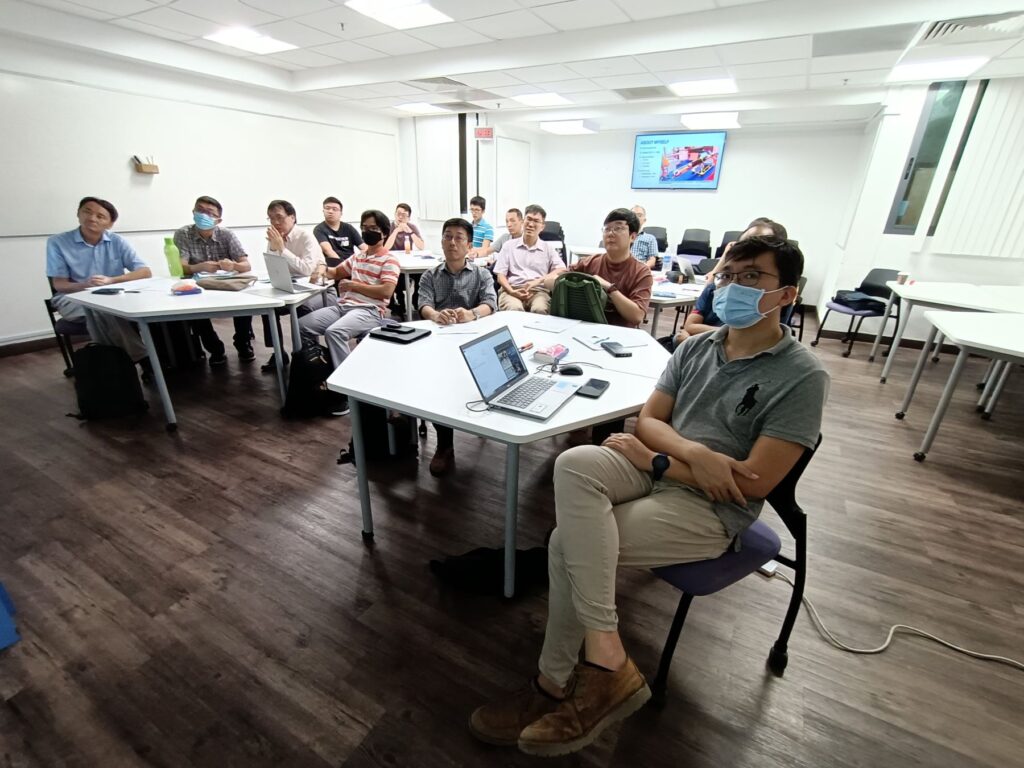
TDSI’s Executive Course “Systems Engineering and Analysis of Emerging Advanced Technologies for Defence Applications”
It is important for the Singapore defence forces to be at the frontier and be knowledgeable about emerging technologies for defence applications. The executive course on “Systems Engineering and Analysis of Emerging Advanced Technologies for Defence Applications” aims to present concepts and methods for engineering and analysing emerging advanced technologies, that include artificial intelligence and directed energy weapons, for defence applications. Course participants from the defence technology community have learnt and gained insights from the course that introduced concepts in complexity theory, strategic thinking, technology assessment, systems engineering and systems analysis. Course participants were appreciative that the learning gained have value-added to their current work with their primary affiliated organisations in the defence eco-system.
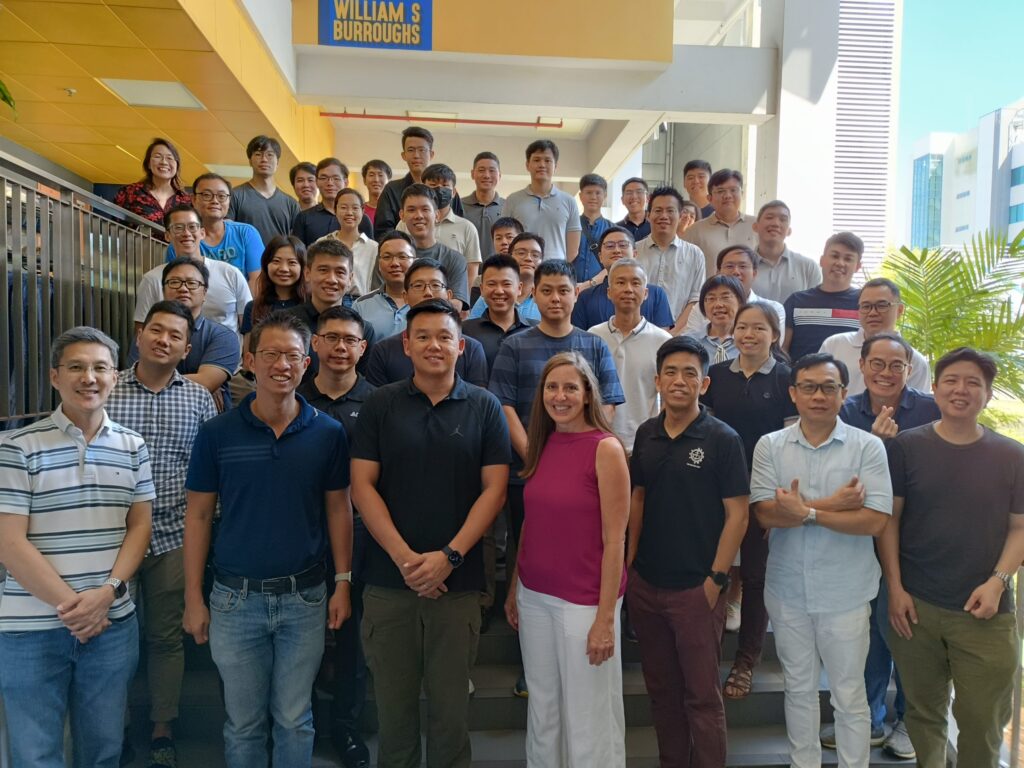
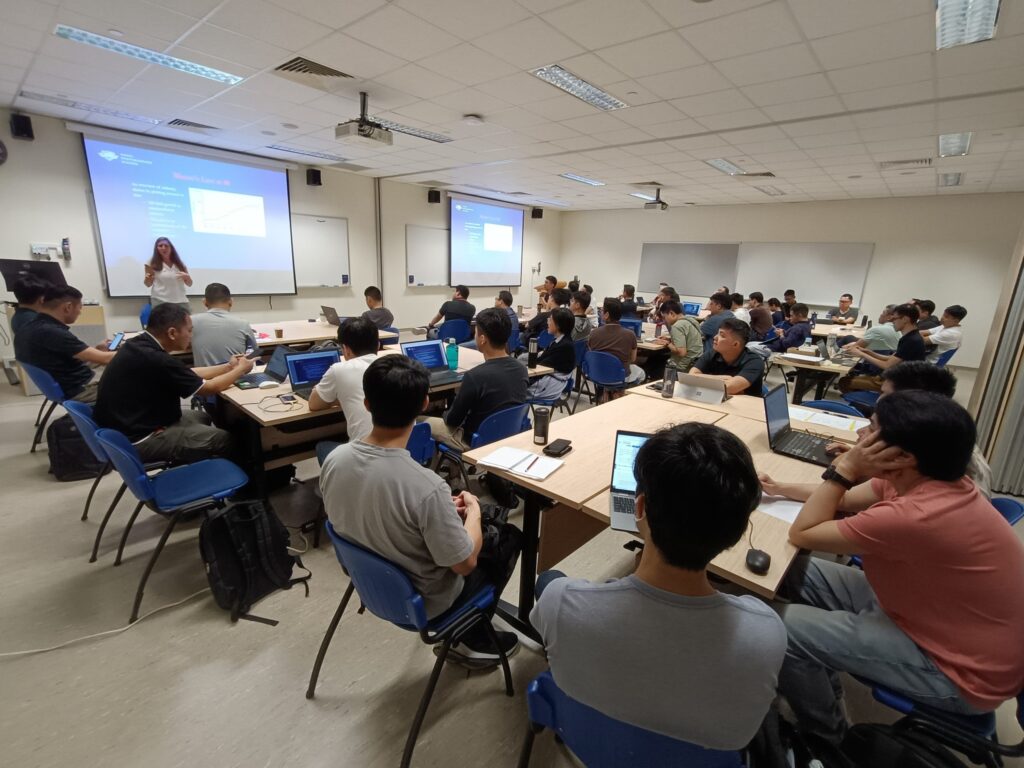
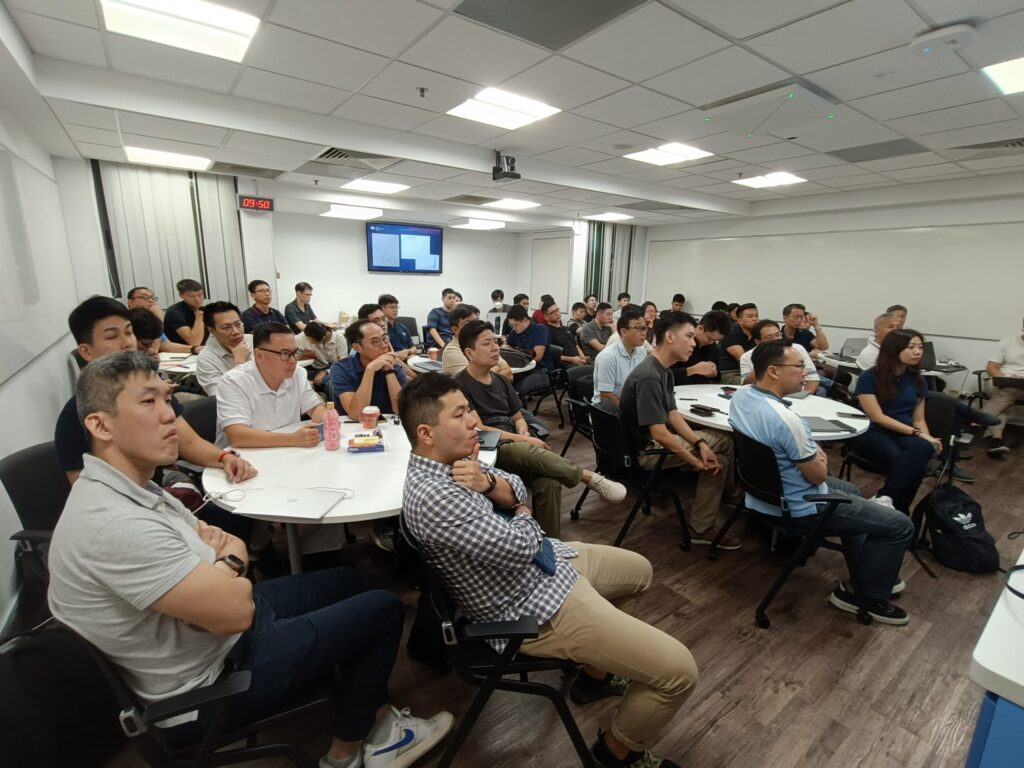
TDSI’s Executive Course “Generative Artificial Intelligence”
Artificial Intelligence (AI) technologies have been widely adopted in operations and work processes/ systems at the national level and in various industries. Generative AI is the latest cutting-edge technology that has been launched to extreme popularity, with progressive adoption by enterprises and industries because of its capabilities that can boost productivity and value-add decision-making, alongside many other deployment opportunities. Recognising the increasing importance of Generative AI for the defence sector, TDSI organised the executive course on this in-trend technology for the Singapore defence technology community to equip them with the fundamental knowledge of key concepts and applications of Generative AI, included algorithms such as generative adversarial networks (GANs) and variational autoencoders (VAEs). Course participants learnt how Generative AI could enhance military operations, from synthetic training data generation to scenario planning and decision support systems. This course is well-recognised by the Professional Engineers Board and qualified for 12 Professional Development Units.
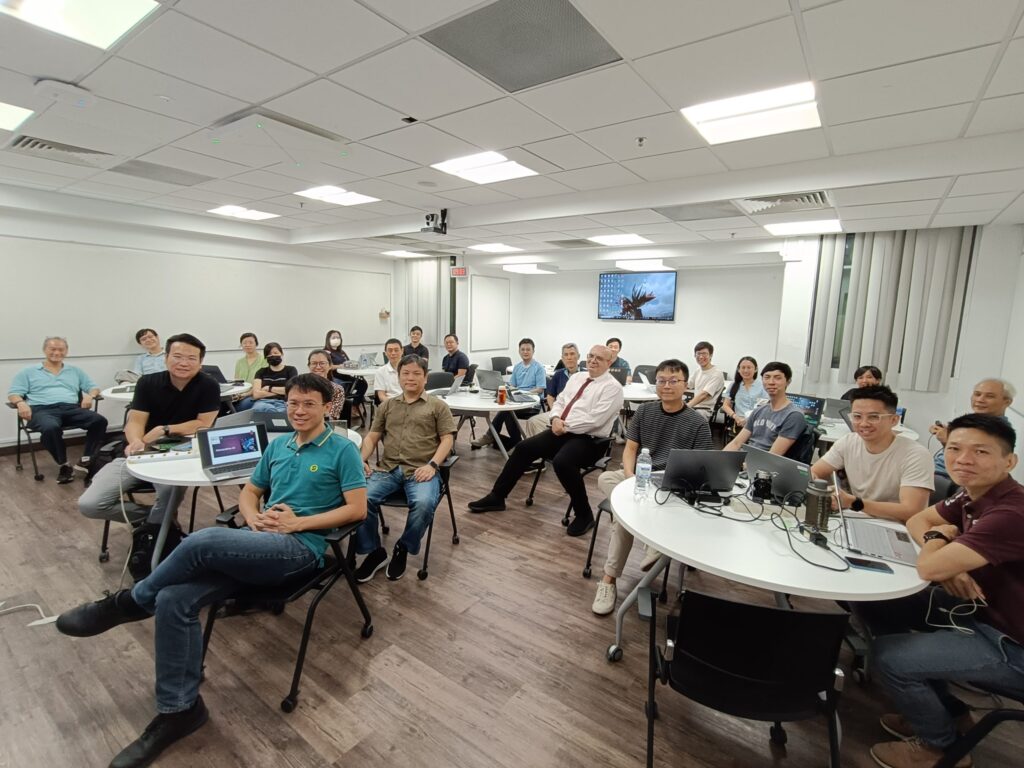
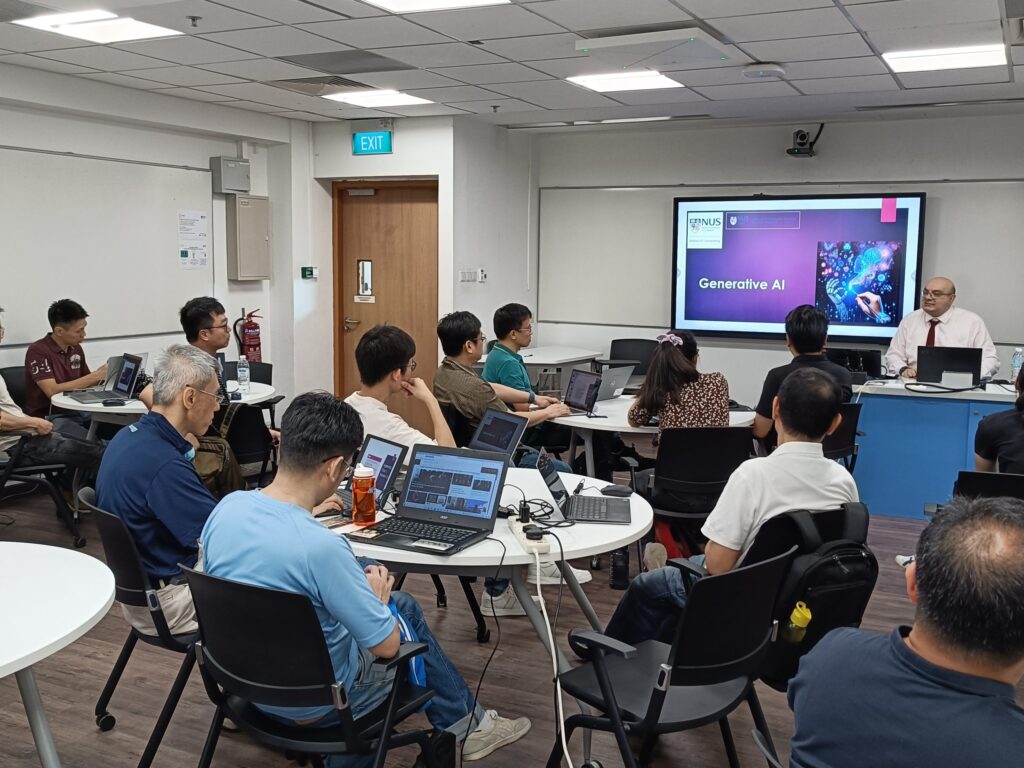
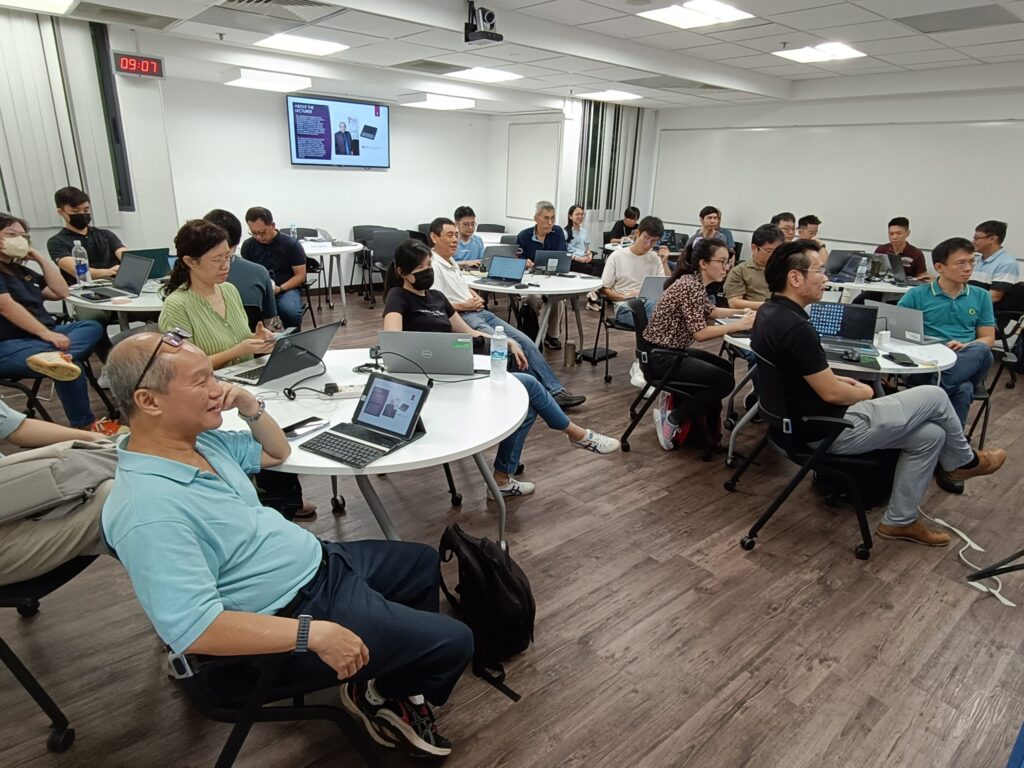
TDSI’s Executive Course “Swarm Intelligence and AI-Driven Unmanned Aerial Systems”
Swarm intelligence has become increasingly important for the defence community to learn as the technology is reshaping how autonomous systems operate in complex and contested environments. It is strategically important for the defence professionals to understand swarm intelligence technology to gain operational advantage, and with technology readiness, to ensure resilience and shape the future of warfare. Swarm intelligence is also a dual-use technology that could be applied from search-and-rescue and disaster response to maritime surveillance, making it essential for multi-domain operations. This 3-day intermediate-level course of TDSI focused on the fundamental and advanced concepts of multi-agent autonomous systems in the context of aerial swarms, specifically on the latest state-of-the art and practical applications. The course also provided a comprehensive overview of robotics and multi-agent systems, swarm formation, communications, task scheduling and allocations, swarm operations, as well as applications for heterogeneous systems and an introduction to game theory.
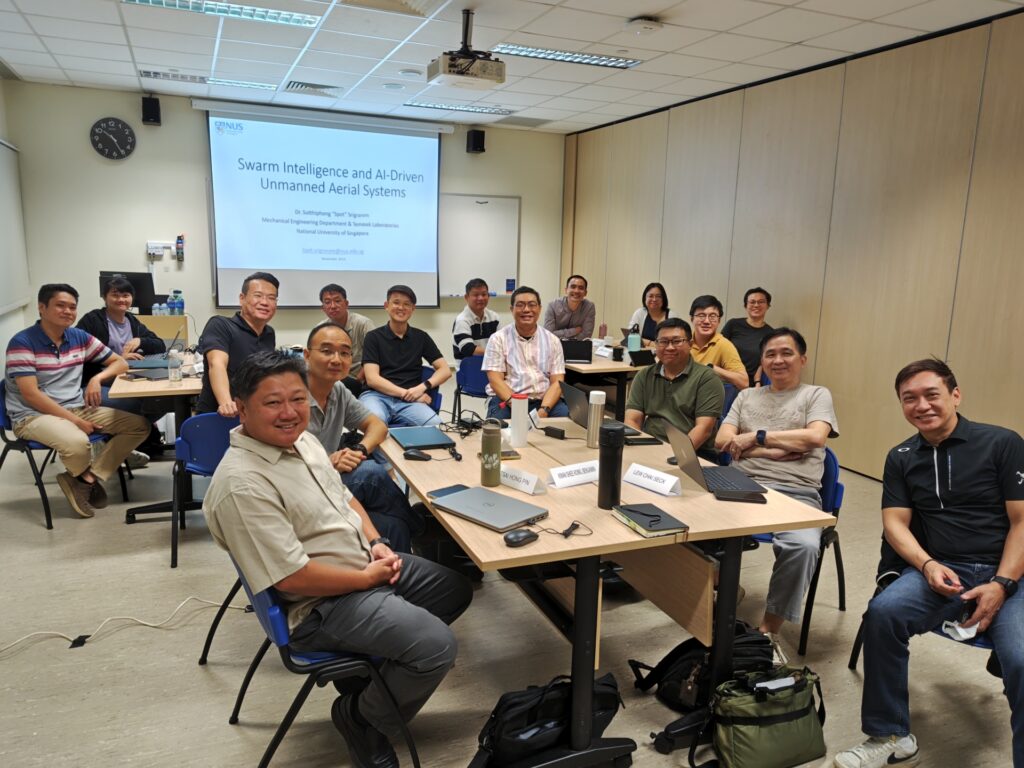
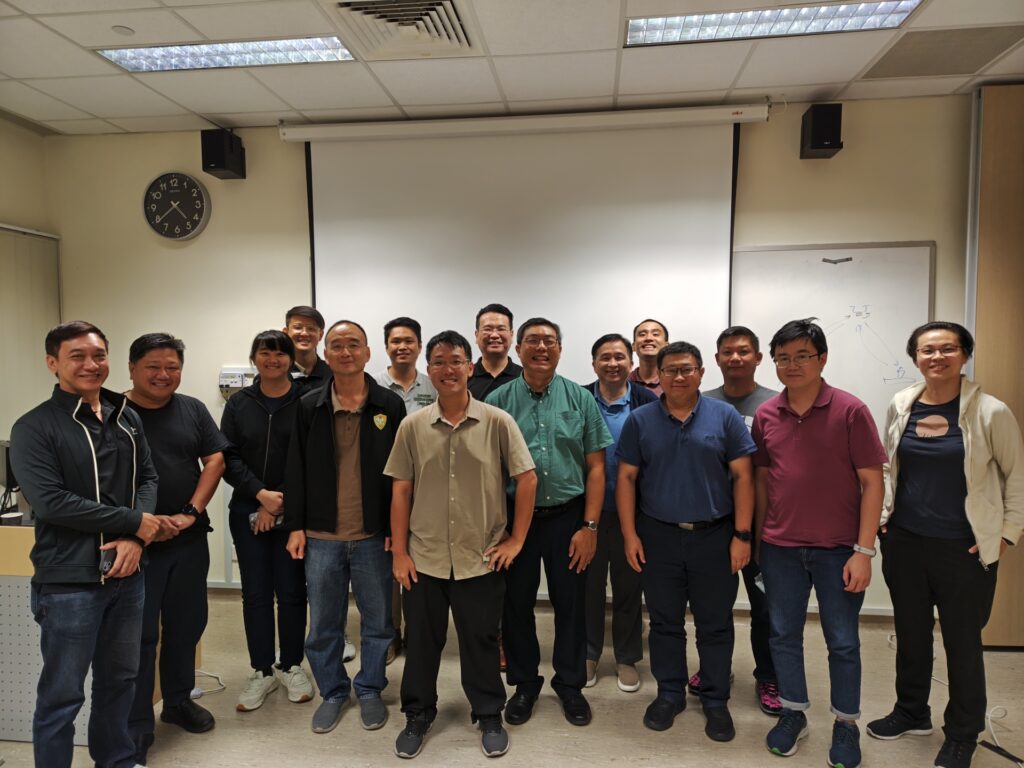

Imitation Learning from Limited Demonstrations
Overview
Despite reinforcement learning has shown its great success in recent years, designing hand-crafted reward functions can be extremely difficult and even impossible in many real-world tasks. One alternative way is to teach human behaviours to autonomous agents through imitation learning. High-performance of imitation learning usually requires a large number of high-quality demonstrations consisting of expert state-action pairs. However, collecting such demonstrations can be expensive and impractical in real-world scenarios. In contrast, weak demonstrations are cheaper to collect and often occur in practice. Efficient learning an autonomous agent from such weak demonstrations is desirable and challenging.
In this talk, we will discuss the challenges of extremely limited demonstration data in high-dimensional environments. Several new clues, such as generative intrinsic reward, planning-guided surrogate reward, and reward from weak environment information, will be studied in this talk. Empirically, the learnt reward modules enable the imitation agent to do better exploration, which is critical for the agent to outperform the expert demonstrator in Atari games and continuous controlled tasks!
Learning Outcome
Course Outline
Who Should Attend
Lorem ipsum dolor sit amet, consectetur adipiscing elit. Ut elit tellus, luctus nec ullamcorper mattis, pulvinar dapibus leo.
Speakers
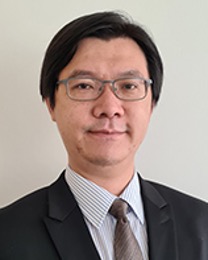
Prof. Ivor W. Tsang
Prof Ivor W Tsang is Director of A*STAR Centre for Frontier AI Research (CFAR) since January 2022. Previously, he was a Professor of Artificial Intelligence (AI), at University of Technology Sydney (UTS), and Research Director of the Australian Artificial Intelligence Institute (AAII), the largest AI institute in Australia, which is the key player to drive UTS to rank 10th globally and 1st in Australia for AI research, in the latest AI Research Index. Prof Tsang is working at the forefront of big data analytics and AI. His research focuses on transfer learning, deep generative models, learning with weak supervision, big data analytics for data with extremely high dimensions in features, samples and labels. His work is recognised internationally for its outstanding contributions to those fields.
Recently, Prof Tsang was conferred the IEEE Fellow for his outstanding contributions to large-scale machine learning and transfer learning. Besides these, Prof Tsang serves as the Editorial Board for the Journal of Machine Learning Research, Machine Learning, Journal of AI Research, IEEE Transactions on Pattern Analysis and Machine Intelligence, IEEE Transactions on AI, IEEE Transactions on Big Data, and IEEE Transactions on Emerging Topics in Computational Intelligence.
Details
- 09 Jun 2022, 11:00 am - 12:00 pm
- 1 hour
- F2F at NUS LT7A and Online via Zoom
Status
This event is now closed.
